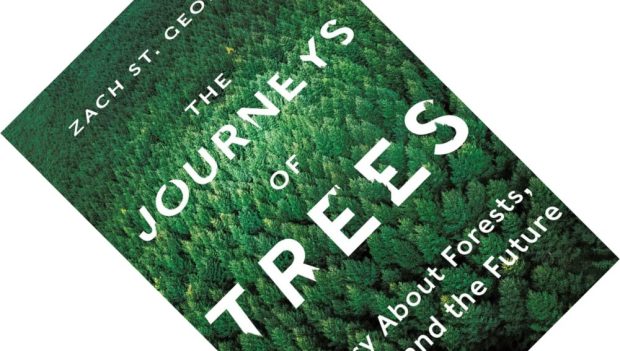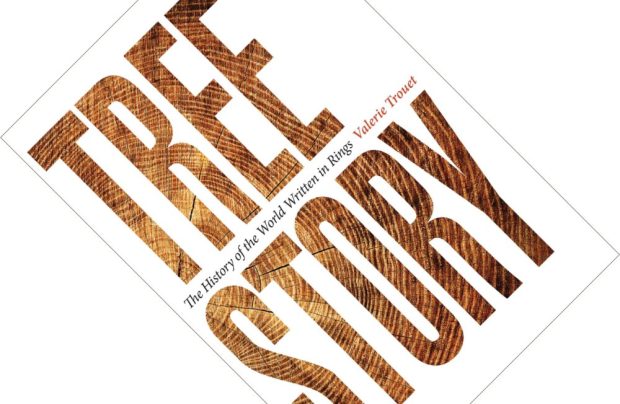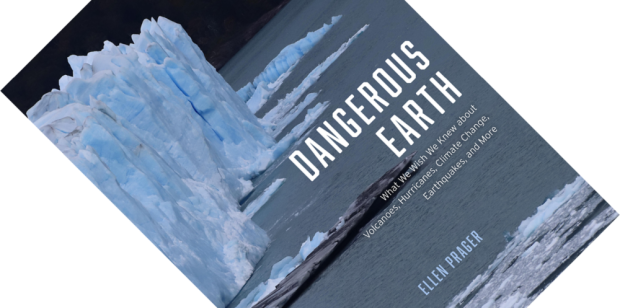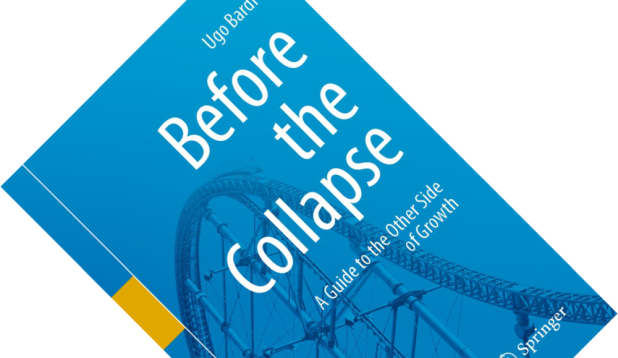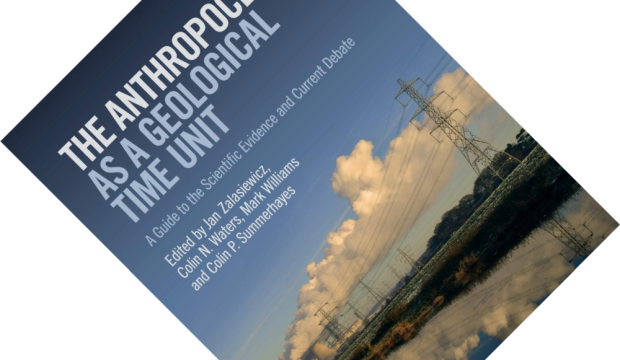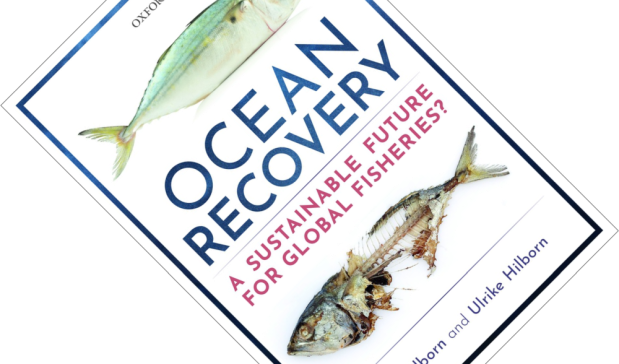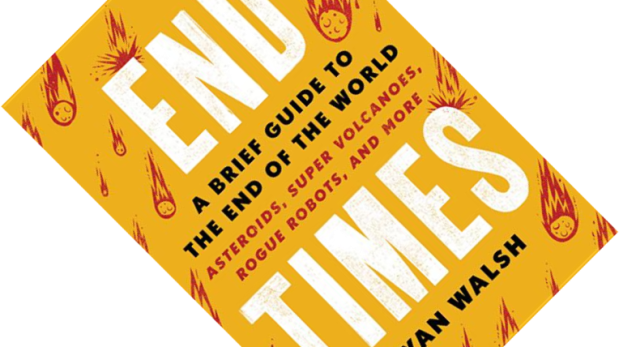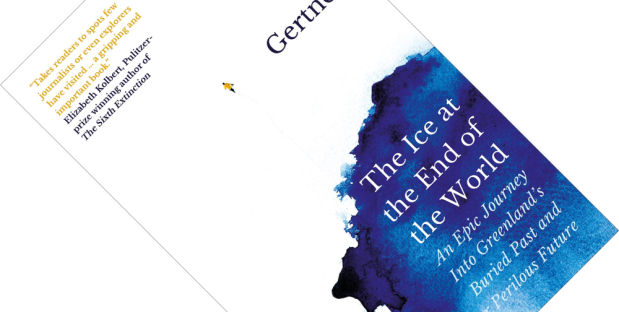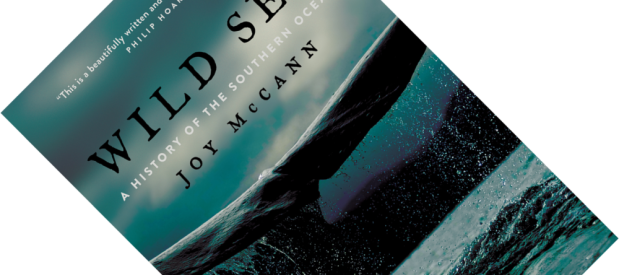6-minute read
We tend to think of forests as static. Trees, after all, do not move. But that is a perspective foisted upon us by our limbed existence. Science reporter Zach St. George unmasks this illusion in plain terms: when trees die or new ones sprout, the forest has moved a bit. “The migration of a forest is just many trees sprouting in the same direction” (p. 2).
There is no shortage of books on trees, but this sounded like such an unusual take on the subject that I was utterly stoked when I learned of The Journeys of Trees. A journalist who delves into the palaeontological record to consider the slow-motion movement of forests over deep time? Get in here!

